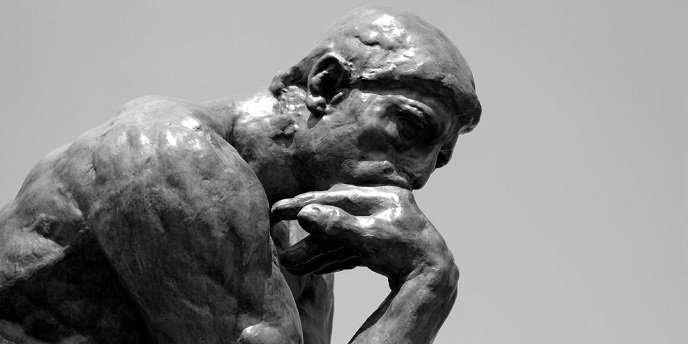So the progress of individuality and freedom is accompanied by uncertainty and personal insignificance. One faces a dilemma: the "unseen" freedom and, at the same time, a sense of lack of safety. Form claims that this gap is the cause of the extremely difficult human existence. People, on the one hand, are struggling for a right of choice, but so less and less they feel united, connected. From there, Form takes his subject of escape. According to him, people struggle against the sense of alienation by giving up their freedom and suppressing their individuality. From believes that man's desire to be free, individual, is the product of Western capitalist society.
Erich Form sets out three strategies for escaping:
Authoritarianism - in its opinion, authoritarianism has two manifestations (forms) - masochistic and sadistic. The masochistic form is manifested in the attitude of man towards others - one puts himself in the sense of helplessness. The Sadistic form is when one seeks to put other people in control, control, humiliate, and so on. Conformity or absolute obedience to social norms. Here man is self-inflicted on given (impersonal) social norms. The individual ceases to be himself. Erich Form believes that this is precisely the most used strategy in practice. In capitalism there is no freedom limiting freedom. There is a limitation.
Destruction (third strategy) - through which man tries to overcome his feeling of inferiority.According to Form, contrary to these three strategies of freedom, there is also positive freedom - "freedom for" (and not "liberty of"), ie. freedom to realize in a certain way. This means that one has the awareness of his individuality and freedom, but at the same time he has the feeling that he is a part of society.According to Erich Form, creative work and love are the way to achieving this positive freedom.To illustrate the "freedom-alienation" opposition, Erich Form revisits the parable of the fall: Adam and Eve think that they are united as one flesh (ie people are conceived as a unity in which there is no alienation). At one point, however, alienation occurs on the basis of the self-evident individuality, the difference between Adam and Eve (among men). This leads to the "punishment of isolation". Sin, according to Form, should not be forgiven but healed (through love in a broader sense).
